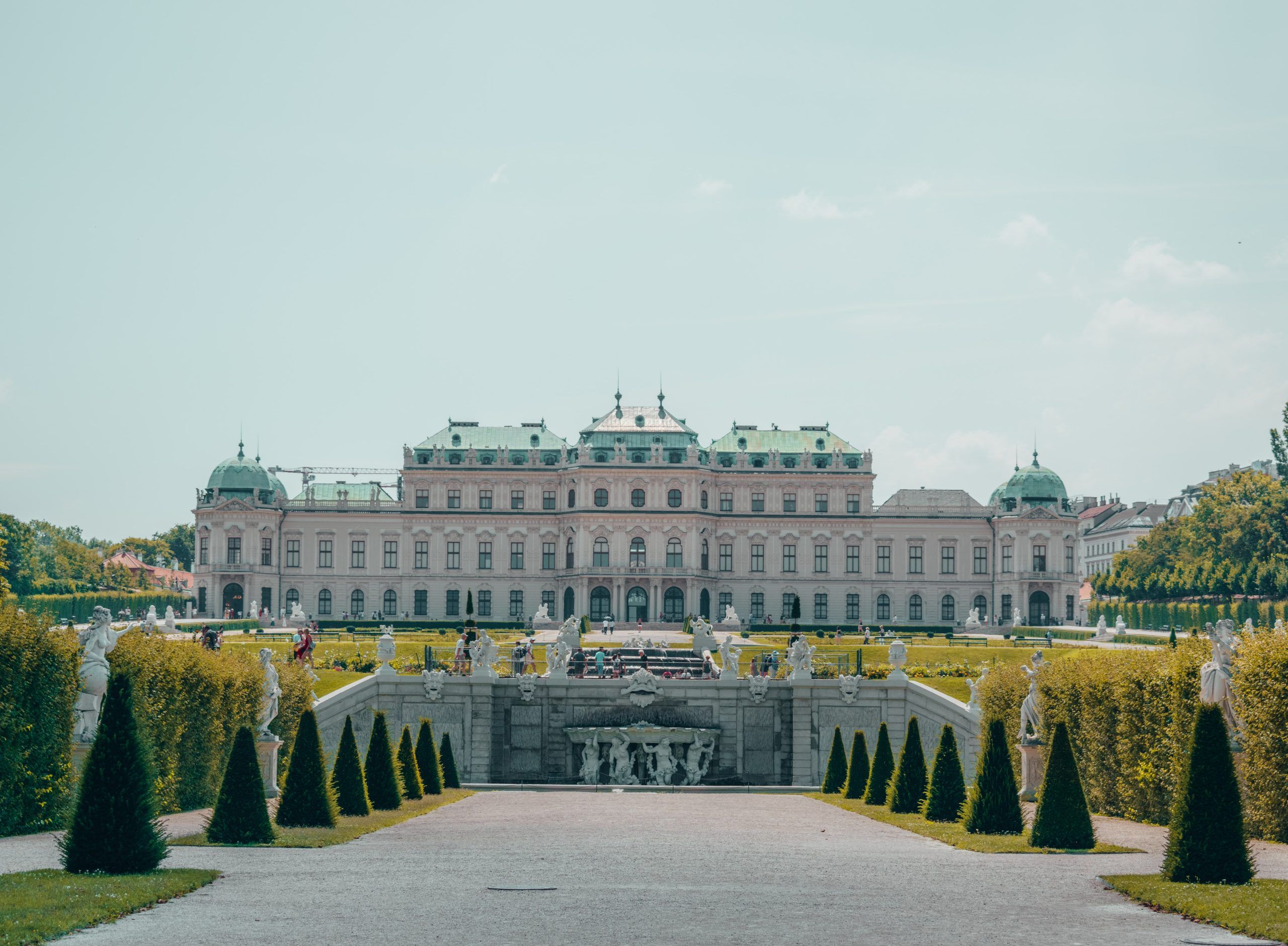Spain’s cultural heritage is one of the most extensive in the world. It is the country with the fourth highest number of tangible and intangible assets recognised by UNESCO, and making culture an essential public good is one of the main focuses for the Spanish Presidency of the Council of the European Union.

At the informal ministerial meeting to be held in Cáceres on 25 to 26 September, EU culture ministers will discuss sustainable management of cultural heritage, universal access to culture and its role as the territory’s backbone. Furthermore, during the meeting, the ministers are expected to agree to sign the ‘Cáceres Declaration’, a commitment to defending culture through common public policies.
Spain, a land of heritage
The UNESCO World Heritage List represents a commitment to conserving listed tangible and intangible assets, and the organisation has a responsibility to ensure that these are maintained. It also implies that these assets belong to all humanity and it is everyone’s task to protect and preserve them over time so that future generations can also enjoy them.
What criteria does the organisation use to determine which assets become World Heritage ones? Primarily, they must possess ‘outstanding universal value’ that transcends borders because of their historical, cultural or natural importance and their significance for the history of mankind.
Spain has an extensive list of monuments, historic cities, cultural landscapes, archaeological sites, traditions and living expressions that are classed as World Heritage.







Leave a Reply